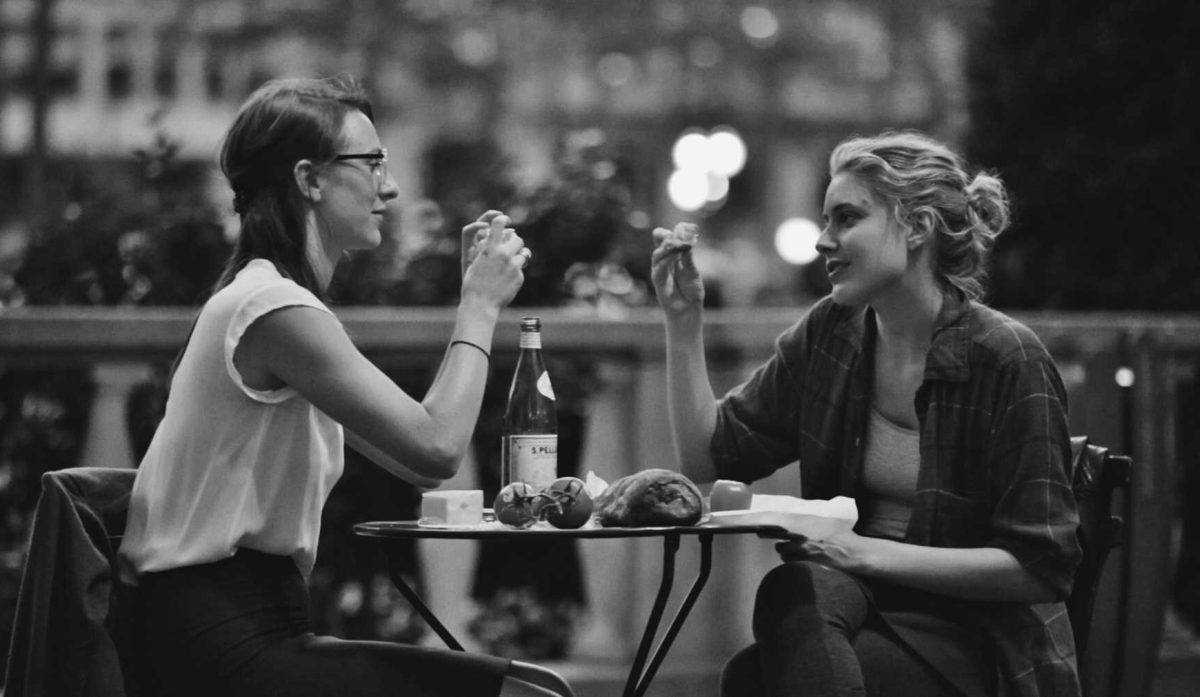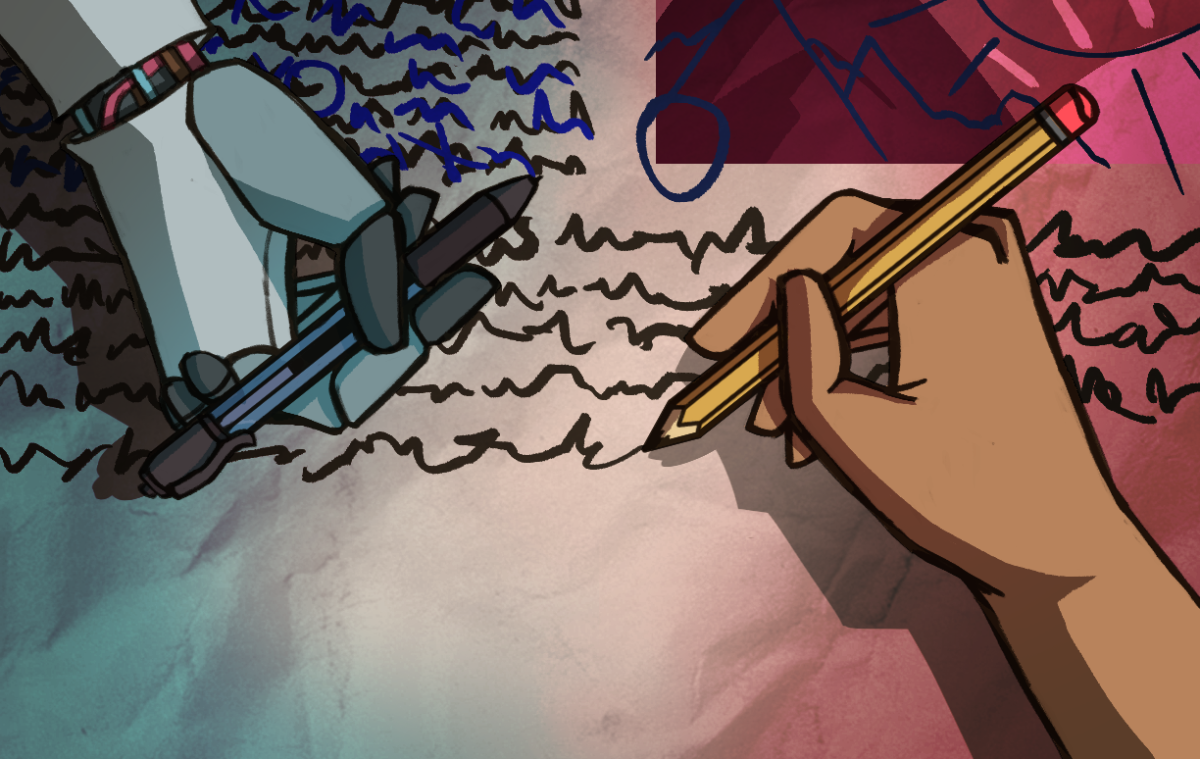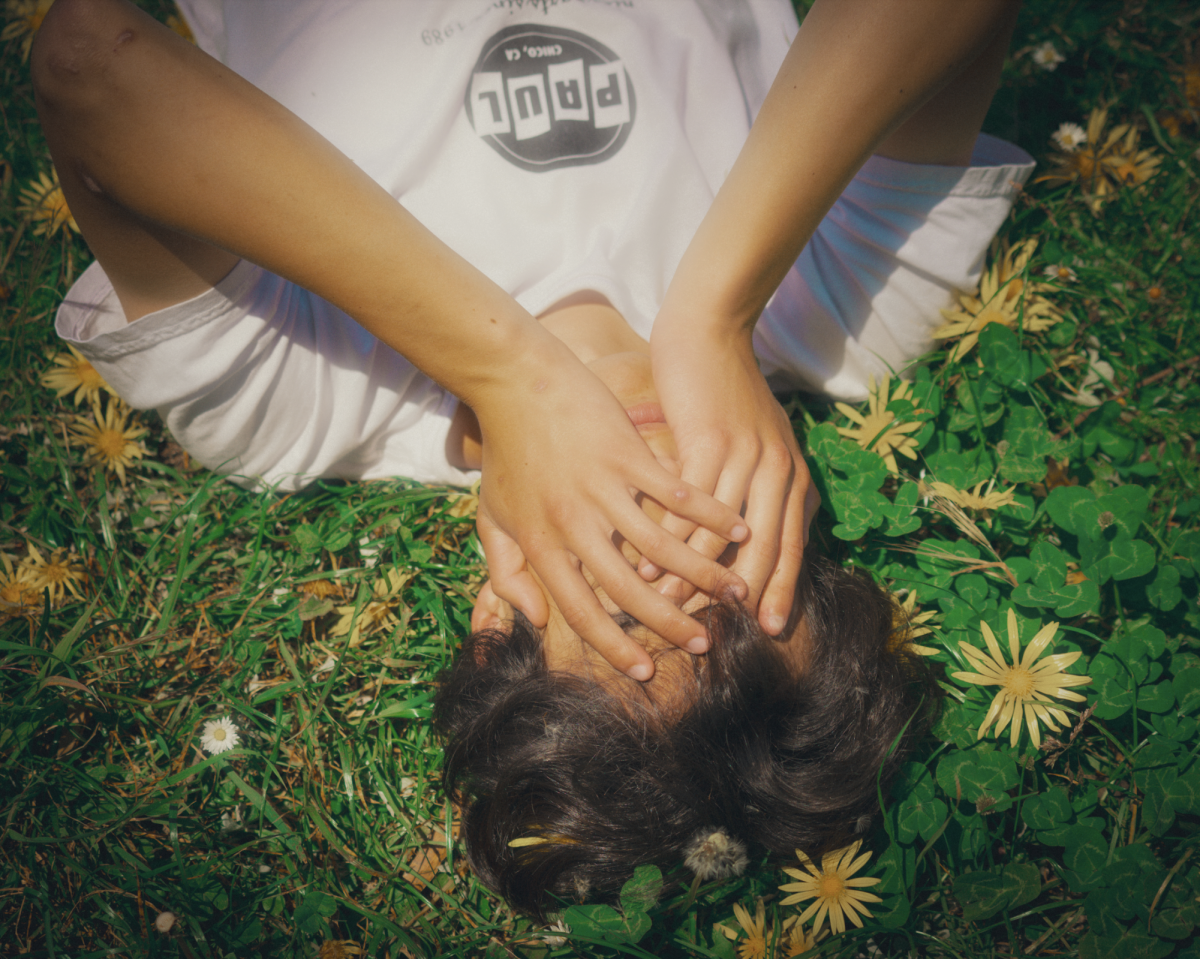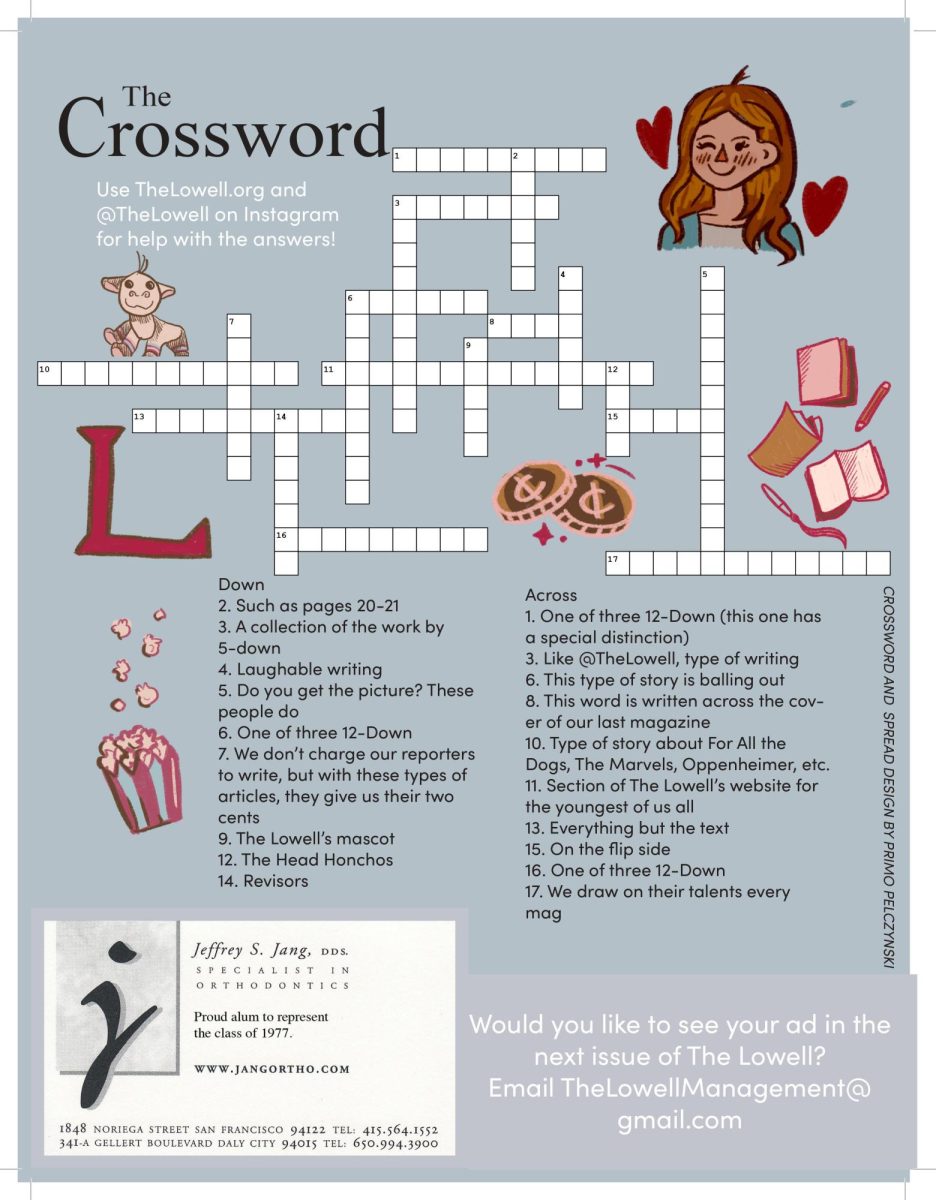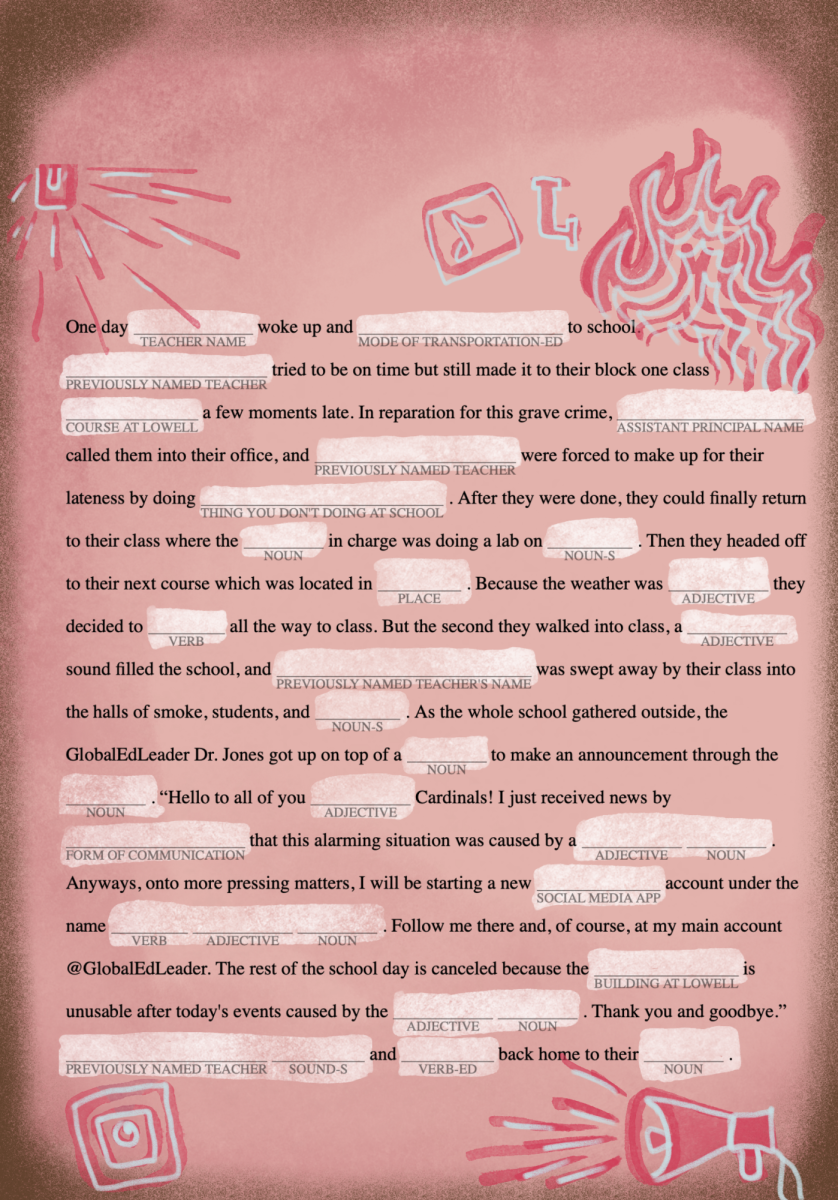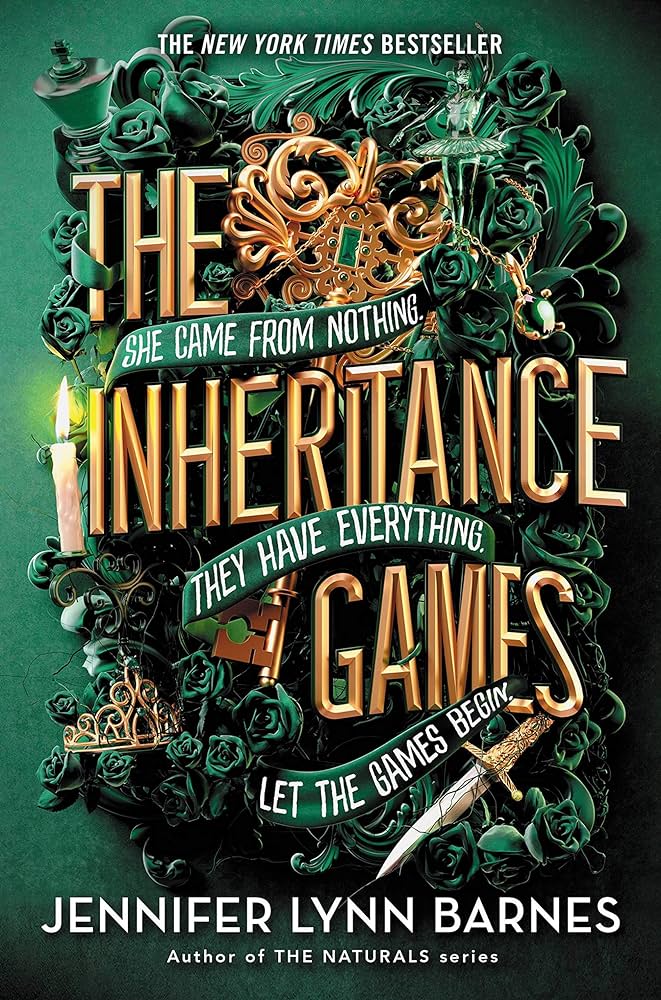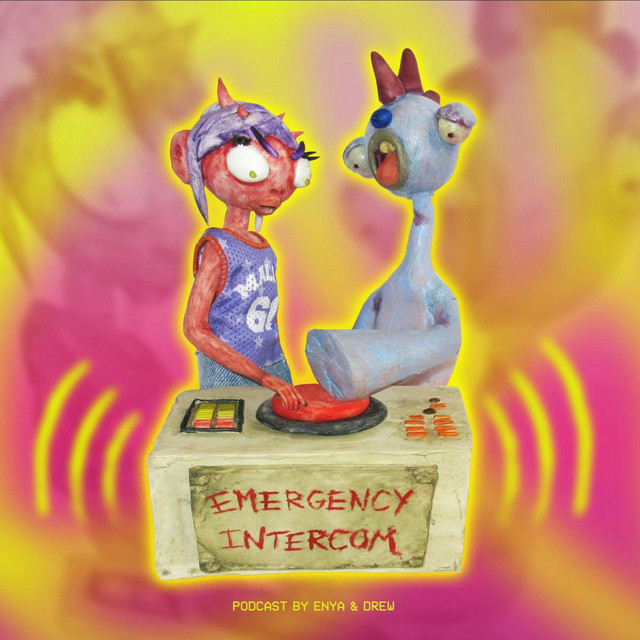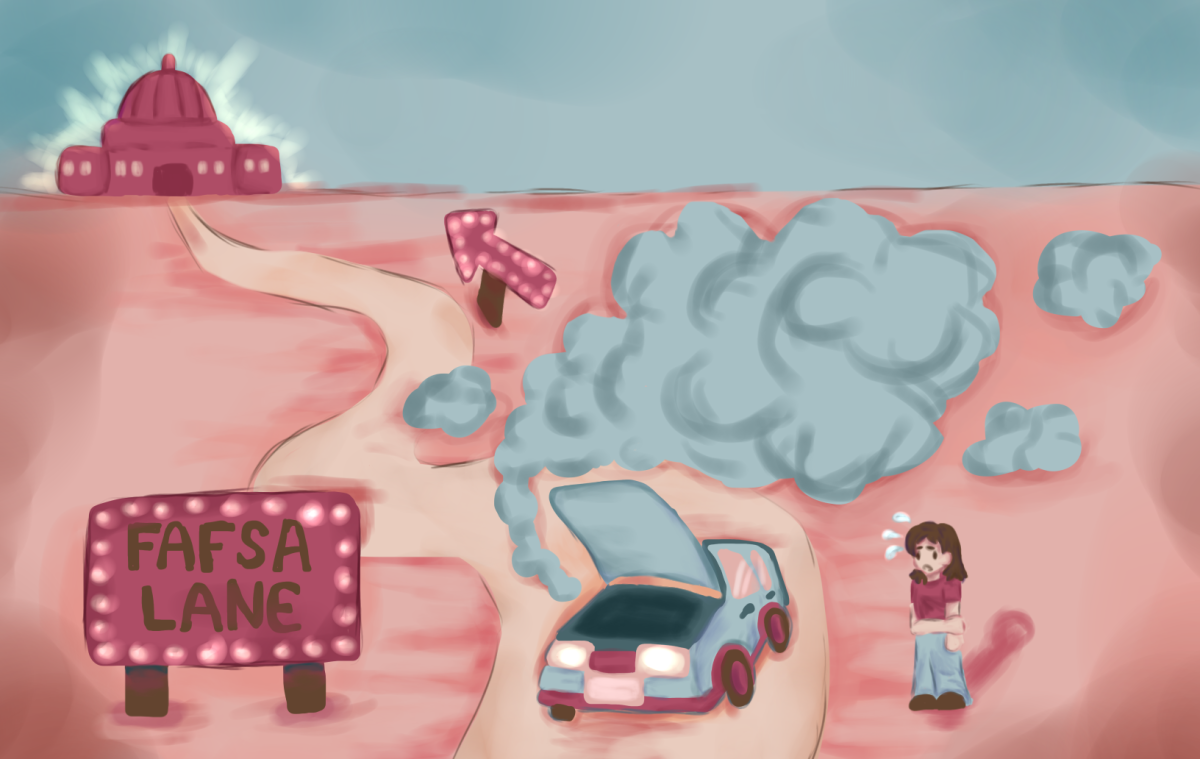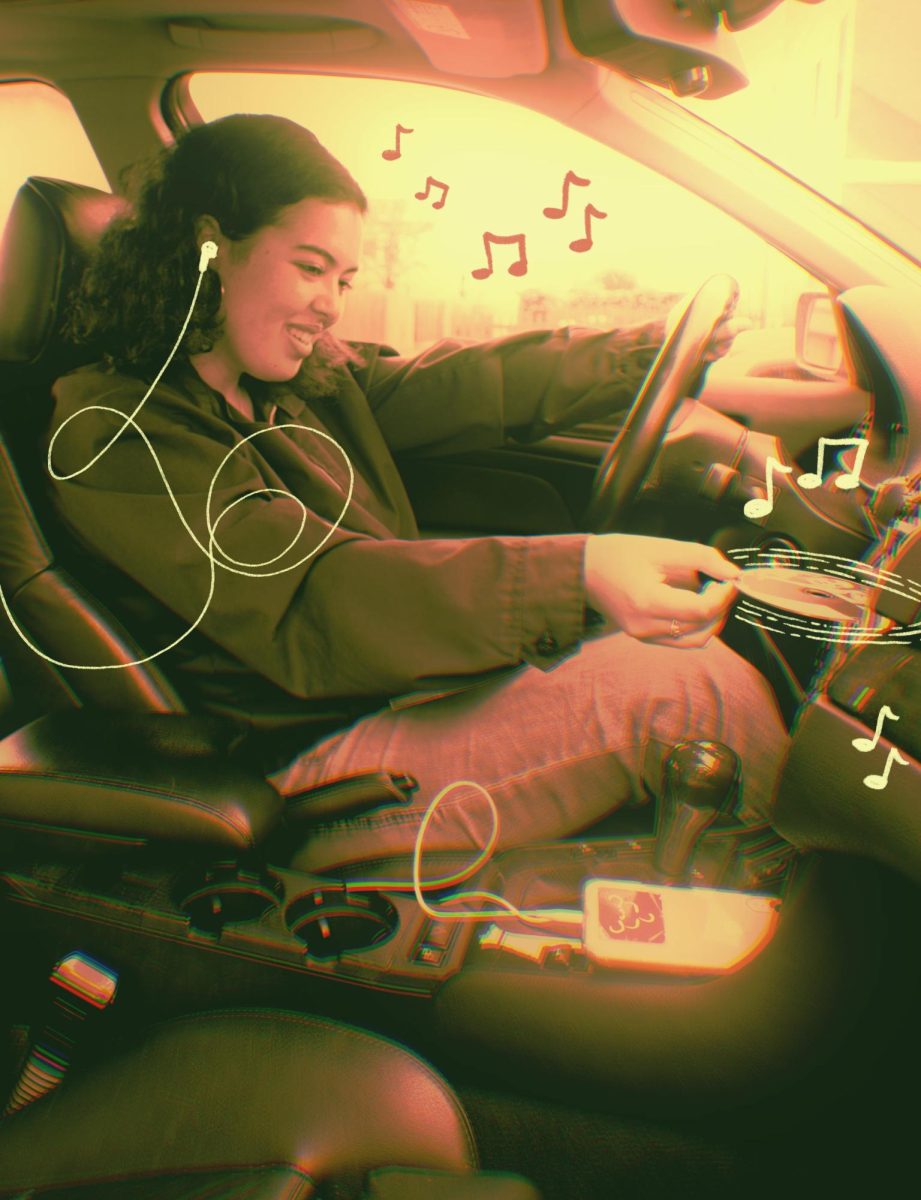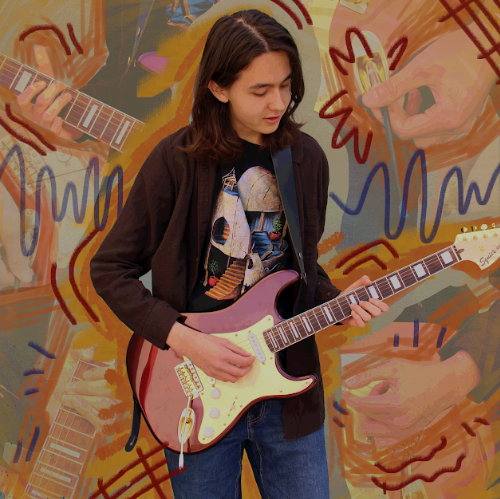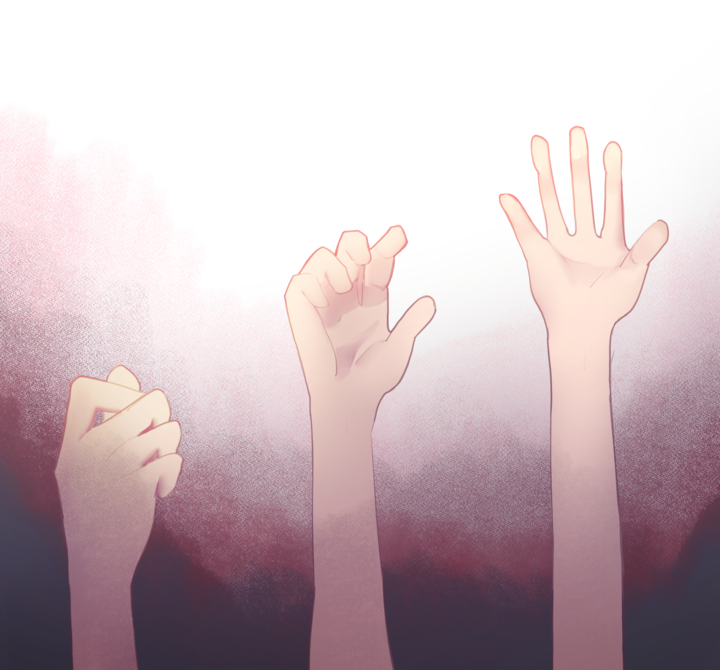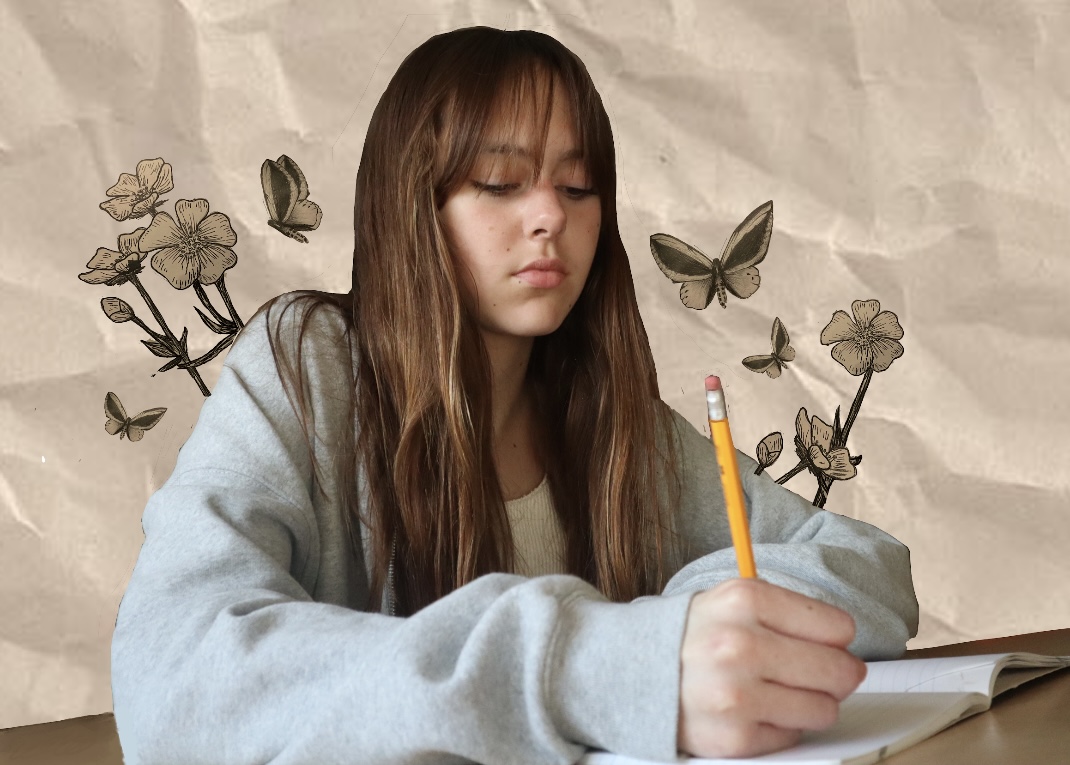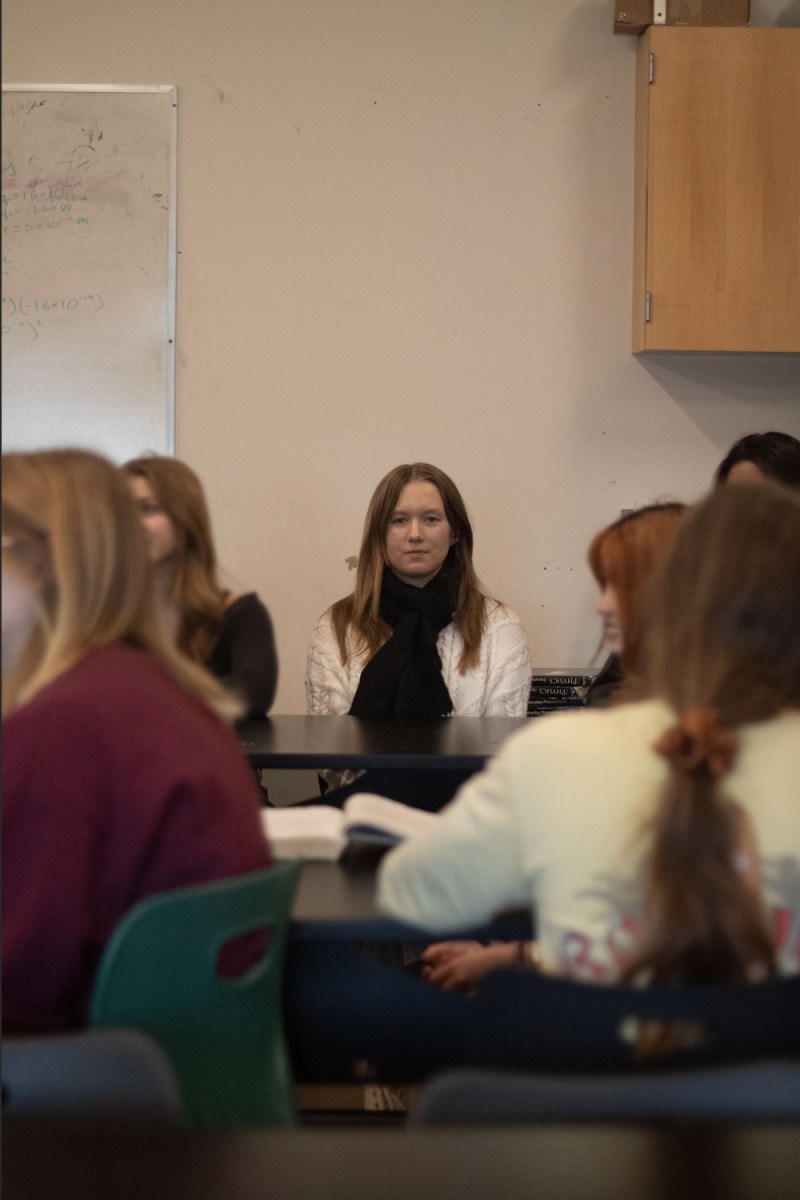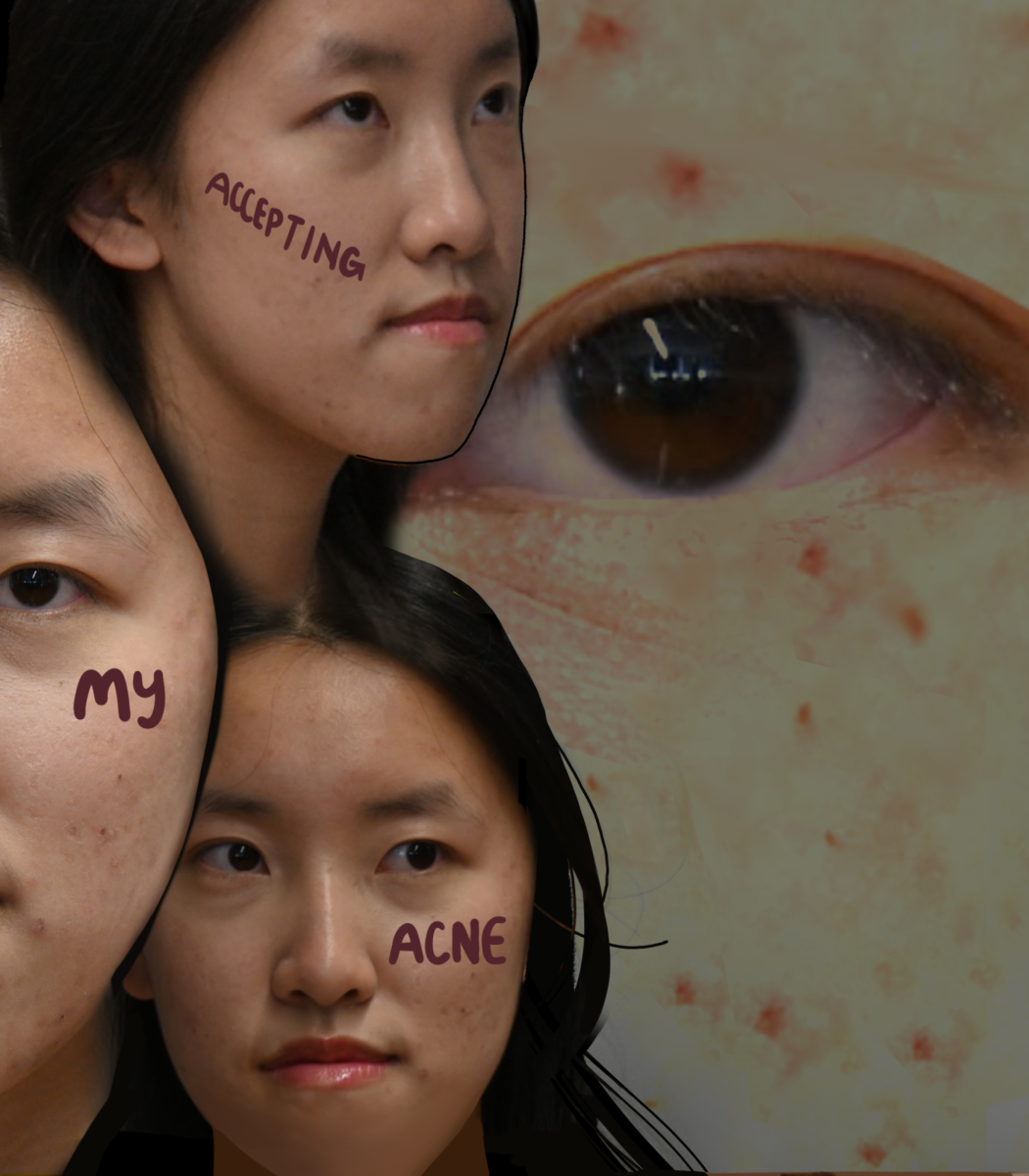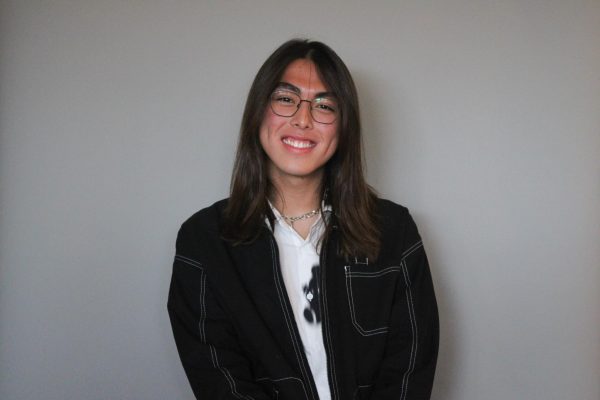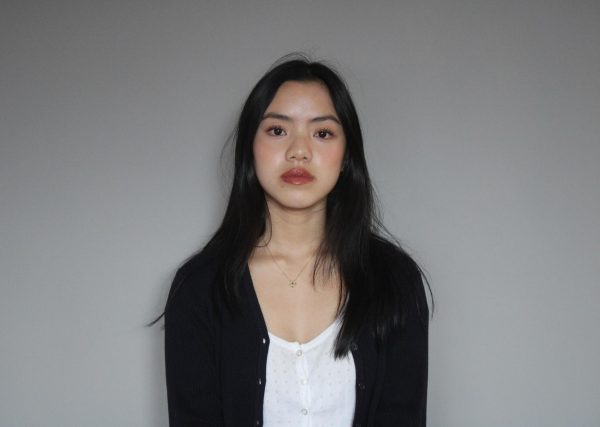
Walking out of the theater after The End of Evangelion, my friends and I break into feverish discussion. After spending months encouraging me to watch it, they can’t wait to hear my thoughts on the film they say changed their lives. They walk me through its themes about existentialism and vulnerability, talking freely about the ways they’ve applied them to their own experiences, and I see a side of them I’ve never seen before. Because of their willingness to be earnest, they had developed a deeper understanding of both the art they consumed and themselves as people. After holding back so much in my own discussions about art, watching them be so open on the impact this film has had on them is inspiring to me. If it was this effortless for us to talk about art like this now, why couldn’t it be this effortless for me all the time?
There have been so many times where an artwork of any medium invoked such strong emotion in me that all I wanted to do was share the way it made me feel with the world, but I couldn’t. Communicating that impact meant being vulnerable, and the thought of people judging me for putting that part of me on display made me uncomfortable. Because I saw others smother their discussions of art in internet humor and irony, I had conditioned myself into doing the same. Instead of allowing myself to discuss how meaningful an artwork was to me, I would make a dumb joke about it instead, reducing that meaning to a throwaway quip. It was easier for me to treat an artwork as a joke than to go through the discomfort of engaging with it earnestly, even if that left me feeling unfulfilled.
It was easier for me to treat an artwork as a joke than to go through the discomfort of engaging with it earnestly, even if that left me feeling unfulfilled.
I began to treat art this way during the pandemic, when internet influence dominated my speech patterns. The cultural holds of apps like TikTok were at their most rampant, and most of the time I saw my peers talk about art, their language was dominated by internet buzzwords and generalized views that social media had pushed onto them. Arbitrary and nonsensical terms like “male manipulator music,” and “weirdcore,” were used to categorize art for niche and often imaginary demographics. Many of these were meant as jokes, of course, but soon they were used so much that it felt like works of art weren’t allowed to stand on their own anymore. Everything had to be attached to an ironic internet category. I saw friends embarrassed to share the things they found meaningful, because they feared that it would make others sort them into a demographic they didn’t want to be in. A sheepish “It’s bad, but I like it,” became a staple in my discussions about art. When I shared my views on an artwork, I talked about it as a piece of internet culture first, and a work of art second.
Because I saw art as being so interlinked with this culture of irony, it became hard to speak about it earnestly. It was much easier to make a joke about an artwork than to make myself vulnerable by sharing what it meant to me. When everyone else was seemingly nonchalant about their connections with art, sharing my own serious analysis made me feel like I was drawing unwanted attention to myself. I worried that I’d be seen as corny, or overly emotional, for reading too deeply into something I didn’t need to. Eventually, this worry began to spread into other aspects of my life. There were times where I desperately wanted to talk about things that were important to me, whether art related or not, but I was too scared of being judged to say anything. Soon, I felt the need to feign indifference in everything I said, and cover even serious topics with humor for my words to be palatable.
I didn’t begin to see an issue with this nonchalant attitude towards art until I heard artists speaking about the impact it had on them. Up to this point, I had seen these internet-influenced behaviors as people having fun and engaging with art in their own way. However, many artists saw them as a refusal to engage with their art in the first place. I read big artists post their frustrations over taking the risk of sharing their art, and being vulnerable in front of a crowd of people, only to get internet jokes thrown back at them. I began to realize that by drenching all my discussions of art in layers of irony and internet humor, I had been treating art less as an extension of the artist, and more as a commodity to be consumed.
I began to realize that by drenching all my discussions of art in layers of irony and internet humor, I had been treating art less as an extension of the artist, and more as a commodity to be consumed.
Seeing The End of Evangelion was the turning point for me. Because of the vulnerability my friends had expressed, I felt driven to tell them how I was impacted by the movie we had just seen. I told them how much I related to the protagonist’s struggles with individuality, and how I saw my own ideologies reflected in the realizations he made. For the first time in a while, I could just say out loud, “this is my interpretation of what we just watched. This is what this movie means to me.” Speaking about this was effortless; It didn’t feel like I was pushing past some conversational barrier I had set for myself, it just felt like I was talking about a movie with my friends. When I stopped hiding my words behind irony, and spoke openly about the impact this work had on me, I was able to form a stronger connection not just with the artwork, but with myself and the friends I discussed it with as well. In allowing myself to be earnest, I could finally engage fully with the art I enjoyed, and I wondered how many similar experiences I had robbed myself because of my avoidance of that earnestness.
It will always be a risk to be vulnerable about something that means something to me. It’s always going to be uncomfortable to share a piece of myself with someone else, even if that piece revolves around another person’s art. However, that openness is essential if I want to fully engage with the art I’m consuming. I know now that I can’t keep hiding my words behind irony in an attempt to avoid judgment. Instead, I need to be open, whether it’s towards art or towards other aspects of my life.


